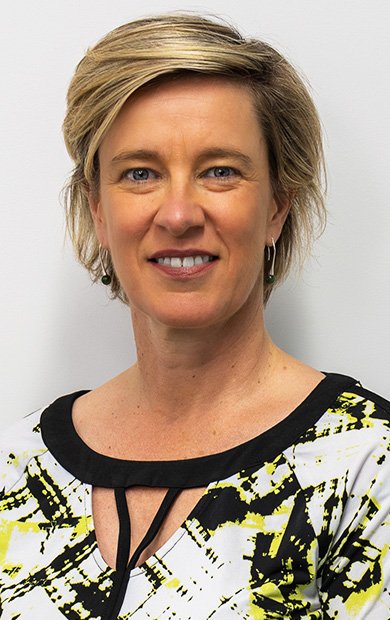Supporting standards in the Pacific

While the Coronavirus pandemic has temporarily halted travel to our Pacific Island neighbours, Standards Australia’s work to support the region has continued at full tilt...albeit over Zoom, Whatsapp, and email.
As a trusted partner of the Australian Government, Standards Australia engages with countries in the Pacific in alignment with Australia’s foreign policy objectives for a secure and prosperous region. Pre-COVID this meant regular trips to visit National Standards Bodies in the Pacific to support set-up and growth, share standardisation processes and knowledge, provide training, and facilitate trade-enabling activities.
It’s valuable work that we have been doing with countries like Fiji and Papua New Guinea, which have more established standards bodies, as well as those in the early stages of set up.
Despite the challenges of 2020, we have continued to strongly engage with the region, including through Australia’s longstanding bilateral ties and regional memberships in bodies like the Pacific Area Standards Congress (PASC) and Asia-Pacific Economic Cooperation (APEC).
Our recent activities
Standards Australia led two projects which were completed in early 2020, both focused on building the capacity of standards bodies in the Pacific and improving local economies through the adoption and use of international standards related to cyber security and digital trade.
With support from the Australian Department of Foreign Affairs and Trade and other donors, Standards Australia is also a partner in the Pacific Quality Infrastructure Initiative, led by the Pacific Islands Forum Secretariat (PIFS). This initiative aims to strengthen national and regional institutions to support Pacific businesses to improve the quality of goods and services and meet international trade standards. The project is in the final stages of design, but Standards Australia will be supporting Pacific counterparts to establish and progress their standards bodies to facilitate greater trade and improve the quality of goods and services for their communities. As part of this project, we are also supporting the establishment of a regional standards committee to help set priorities and harmonise standards across the region.
We have also been consulting with Pacific countries about the adoption of Australian Standards®. Many Pacific nations use Australian Standards® in sectors where International Standards may not be suitable, such as building and construction. We are working with standards bodies to find ways to enable better access to Australian Standards® and to encourage greater use of standards across the board. In the coming years, we anticipate support in the building sector to ramp up as many Pacific nations look to update their building codes.
In the past few years, Standards Australia has also been working with new partners in the region, such as Samoa, Tonga, Vanuatu, Solomon Islands and Kiribati. We have been assisting some of these countries as they set up a standards body or begin the process to understand what’s involved. This is exciting work and it is promising to see more Pacific countries understanding the value standards can bring to their communities. There is still much work to be done together, but the drive from our Pacific partners is stronger than ever before.
Why this work is important
Despite close proximity to Australia, there is limited awareness of standards in many Pacific countries, relatively few standards bodies, limited capacity for those that are established and limited technical expertise when it comes to developing and applying standards. Our experience and expertise – as well as similarities in climate and environments – mean we have a lot to offer these neighbouring communities.
By building the capacity of standards development in the Pacific region and supporting greater use of standards, communities in the Pacific will have safer, more reliable goods and services, increased trade opportunities and a more sustainable built environment.
Ajeshni Lata from Fiji’s Department of National Trade Measurement and Standards (DNTMS) recently summed up the many benefits of the relationship for Fiji.
“Standards Australia has assisted DNTMS in the preparation of, and adoption of Australian Standards® as Fijian Standards. In addition, Standards Australia has shared technical information and offered assistance by providing technical experts. We have also been able to advocate on standards to Fijian stakeholders through special events such as the World Standards Day, supported by Standards Australia,” said Ms Lata.
“Our staff and stakeholders have accessed training opportunities organised by Standards Australia, as well as training on good standardisation practices such as standards development process and principles,” said Ms Lata.
Karen Batt, Standards Australia’s Head of International, is proud of Standards Australia’s work in the Pacific.
“Not only are we growing our reputation as a trusted partner of the Australian Government, but we are gaining recognition as a supportive and collaborative counterpart to national standards bodies in our region,” said Ms Batt.
“Being able to extend the reach of our knowledge to communities outside Australia adds weight to our standards development work and expands our influence outside Australian borders. It also adds to Standards Australia’s social impact by supporting the safety and wellbeing of those living in developing countries,” said Ms Batt.
Watch this space for more updates on activities with our friends in the Pacific.
media enquiries
For media enquires, please contact:

